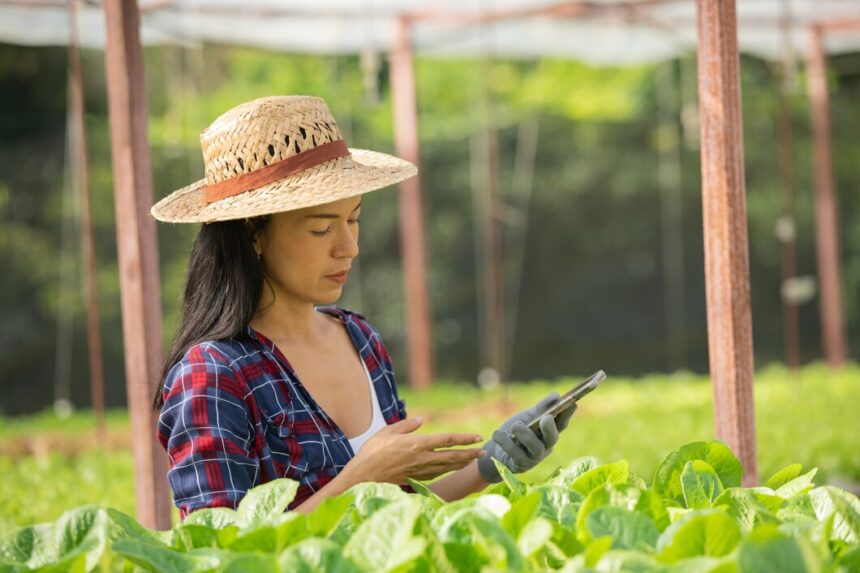Smart farming applications are revolutionizing agriculture worldwide, including in South Africa, by leveraging technology to enhance efficiency, productivity, and sustainability. From precision farming to real-time data analytics, here are ten ways South African farmers can integrate smart farming apps into their operations:
- Precision Farming: Use apps for precision agriculture, which involve GPS-guided machinery and sensors to optimize planting, irrigation, and fertilization. This helps farmers maximize yields while minimizing inputs.
- Weather Monitoring: Utilize weather forecasting apps that provide hyper-local weather data, allowing farmers to make informed decisions on planting schedules, irrigation timing, and pest management.
- Crop Monitoring: Deploy apps with satellite imagery or drones to monitor crop health, identify nutrient deficiencies, detect pests and diseases early, and optimize pesticide application.
- Soil Health Management: Implement apps that analyze soil data, including pH levels, nutrient content, and moisture levels. This information guides farmers in applying fertilizers efficiently and improving soil health.
- Market Analysis: Use apps for market analysis and price forecasting, enabling farmers to make informed decisions on when to sell their produce and negotiate fair prices.
- Livestock Management: Adopt apps for livestock monitoring and management, tracking animal health, breeding cycles, and productivity metrics. This helps optimize feeding regimes and veterinary care.
- Water Management: Employ apps for water management that monitor water usage, detect leaks, and optimize irrigation scheduling based on soil moisture levels and weather forecasts. This conserves water resources, critical in arid regions.
- Financial Management: Utilize apps for financial management, including budgeting, expense tracking, and income analysis. These tools help farmers improve financial planning and decision-making.
- Supply Chain Integration: Integrate apps that streamline supply chain logistics, from farm to market, ensuring timely delivery and reducing post-harvest losses through better inventory management.
- Education and Training: Access apps offering agricultural knowledge, best practices, and training modules. These tools empower farmers with continuous learning opportunities to enhance their skills and adapt to new technologies.
By integrating these smart farming apps into their agricultural practices, South African farmers can increase productivity, reduce costs, mitigate risks, and contribute to sustainable farming practices. Embracing technology not only improves efficiency but also positions farmers to meet the challenges of a rapidly evolving agricultural landscape, ensuring long-term viability and profitability.
Join 'Farmers Mag' WhatsApp Channel
Get the latest Farming news and tips delivered straight to your WhatsApp
CLICK HERE TO JOIN






